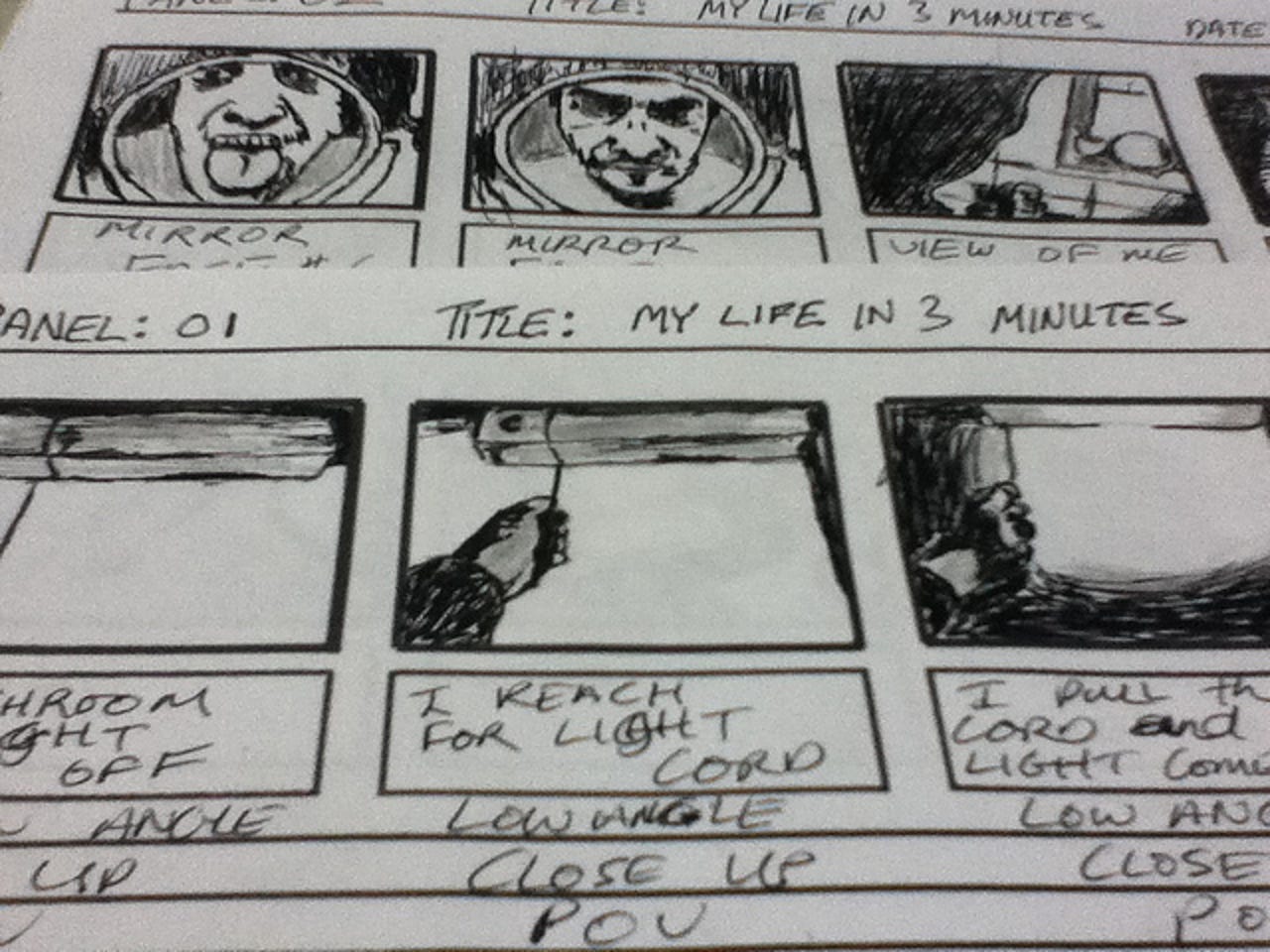Amazon wants to automate the movie-making process


This morning, Amazon took the wraps off Storyteller, a new tool that promises to "help writers and filmmakers bring their stories to life."
Sounds awfully Disney-ish, sure. But it's an early broadside at Hollywood.
Storyteller is a free (beta) online tool that turns scripts into storyboards, with characters and dialogue and sharing functionality for collaborative teams. After you upload your movie script to Amazon Studios, the tool will identify the scenes, locations and characters from your descriptions, then "cast" them from its own library of characters, props and backgrounds. You can upload your own background images, change characters' facial expressions and positions, and add captions as needed.
When it's all finished, you can upload it to Amazon Studios, where the general public can view it and give feedback on it.
The core idea of Storyteller is to help filmmakers focus on what they do best, without getting caught up trying to create manifestations of their scripts. It automates an otherwise time-consuming, manual process: prototyping ideas. For this reason alone, it's a natural evolution and a welcome one, reducing the time ahead of the creation of the final product while lowering the burden of entry to filmmaking.
But there are a few interesting issues that Storyteller raises.
First, the tool undercuts the illustrators who have typically found work drawing storyboards. As we have seen in music recording and book publishing, the more manual approach will gradually become a luxury as free digital tools become "good enough" to handle this process.
Second, the tool's sharing abilities prompts a classic question in the arts: who knows best, the audience or the auteur? Crowdsourcing creativity is a hotly contested topic between those who believe in a singular vision versus those who believe in the wisdom of many—in this case, faceless Internet users.
And finally, it shows how Amazon (like Netflix before it) is increasingly interested in the entertainment industry beyond purveying others' wares. Amazon Studios launched in 2010 as an outlet for fast-track development of feature films and episodic series from the public; upload a script and be notified within 45 days if it is optioned. The company has greenlit several to date, to appear on Prime Instant Video.
Amazon dominated e-commerce and disrupted book publishing. Can it do the same for television and film? And where does that leave Hollywood?
It's still too early to tell, but the company is carefully and quietly mounting an assault on the industry. Stay tuned.